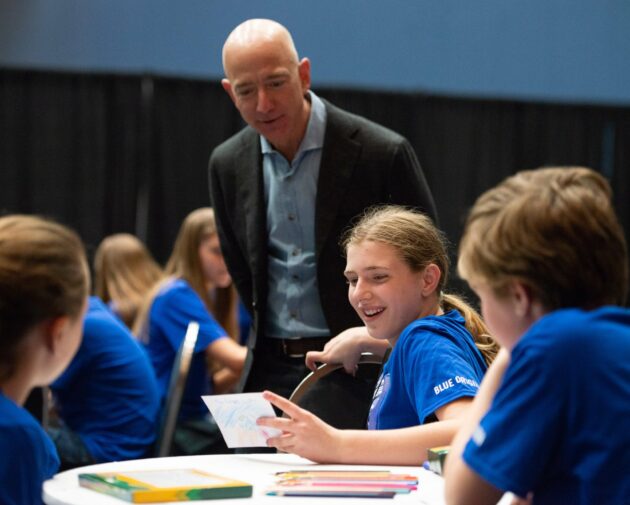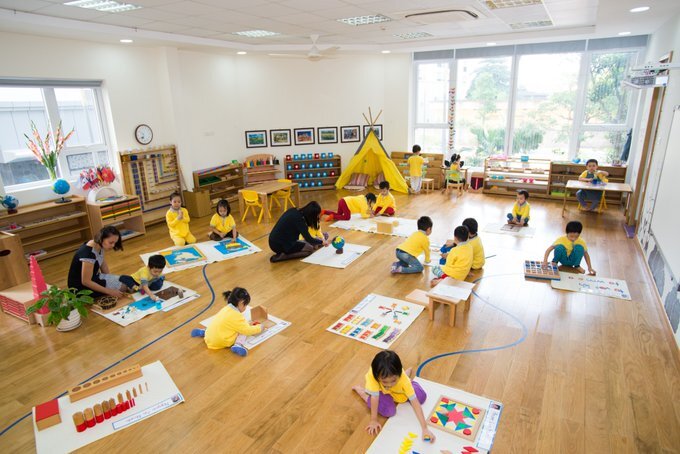One may not realize it, but Jeff Bezos was Montessori schooled, as were many of the computer titans who established Google®, as well as notable athletes, singers, and activists.
Montessori is a teaching approach that emphasizes self-directed activities, hands-on learning, and cooperative play.
Children in Montessori classrooms make creative choices in their learning, while the classroom and the highly educated teacher assist them through the process with age-appropriate activities.
Children engage in groups and individually to learn about the world and develop their understanding of it.

Montessori classrooms are carefully planned spaces that cater to the needs of children of a given age group. Dr. Maria Montessori observed that experiential learning led to a stronger grasp of language, mathematics, physics, music, social interactions, and much more in this sort of classroom.
Although the Montessori educational technique can be successfully integrated into a faith-based program, most Montessori classrooms are secular in character.
Why Montessori Education?
Montessori education is more than just a technique to get a fantastic job in nine months. It’s a life-changing experience that expands one’s perspective of children’s potential and their ability to change the world.
Educating children in this unique way ties you to an international network of individuals who are working to fix a failing educational system, usually with tremendous humility and respect. Your job does not have to be a source of misery! Montessori education leads to a more fulfilling work, a better life, and a happier person

The Association Montessori Internationale. (AMI)
Montessori schools are not protected by a brand or a governing organization. In 1929, Maria Montessori became aware that an increasing number of schools were using the title “Montessori” to characterize their surroundings, despite the fact that they did not adhere to Montessori principles.
To avoid this, she tried to trademark her name, but the courts ruled that the term Montessori was already in use. As a result, any school, regardless of teacher training, can call itself a “Montessori school.”

To defend the integrity of her work, Maria Montessori founded the Association Montessori Internationale. Today, schools with AMI-trained instructors have met Maria Montessori’s high requirements for teacher education, which she established over eighty years ago.
Speaking of AMI, Maria Montessori established the Association Montessori Internationale (AMI) in 1929 to safeguard her work’s integrity. AMI continues to uphold these standards today through its associated training institutions, which provide high-quality, realistic, and demanding teacher training.
Also Read: PROS And CONS Of Boarding Schools.








